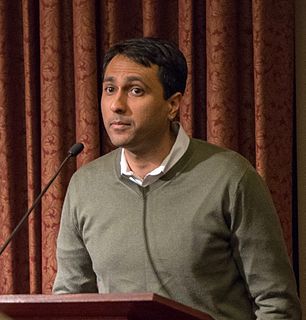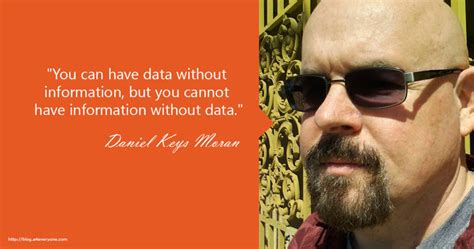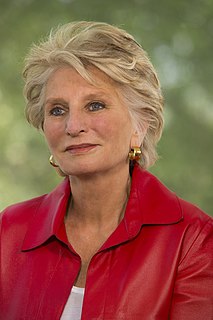A Quote by John Trudell
As human beings, we're given intelligence. This is how we make our way through this reality, how we manifest our reality clearly and coherently.
Quote Topics
Related Quotes
I think we create our world through stories. We use storytelling to escape or protect ourselves from the unimaginable and the horrible - from the real, in a way. It's like white light - if you put everyday reality through a prism you get this rainbow of colors that you couldn't see before. I'm interested in exploring the world to show the things that are invisible. And not just undocumented aspects of reality, but to actually make manifest things that have been hitherto invisible through the intervention of filmmaking.
A social entrepreneur is somebody who knows how to make an idea reality, and one of the great ideas of our time is pluralism. Can people from different backgrounds live together in mutual peace and loyalty? And what we need is a generation of young social entrepreneurs who know how to make that great idea reality in an historical moment where religious extremists are, frankly, making their idea reality.
Reality cannot be photographed or represented. We can only create a new reality. And my dilemma is how to make art out of a reality that most of us would rather ignore. How do you make art when the world is in such a state? My answer has been to make mistakes, but when I can, to choose them. We are all guilt victims choosing mistakes, and as Godard said, the very definition of the human condition is in the mise-en-scéne itself.
I am endlessly fascinated by this notion that everyone has a secret. Some of our secrets are tiny, small things, and some of them are huge. Given that reality of the human condition, that's what our characters will go through. There will be some things where you'll just be like, "What the hell! How the hell did that happen?"
We live in a scientific age, yet we assume that knowledge of science is the prerogative of only a small number of human beings, isolated and priestlike in their laboratories. This is not true. The materials of science are the materials of life itself. Science is part of the reality of living; it is the way, the how and the why for everything in our experience.
I think that every educator, indeed every human being, is concerned with what is true and what is not; what experiences to cherish and which ones to avoid; and how best to relate to other human beings. We differ in how conscious we are of these questions; how reflective we are about our own stances; whether we are aware of how these human virtues are threatened by critiques (philosophical, cultural) and by technologies (chiefly the digital media). A good educator should help us all to navigate our way in this tangled web of virtues.


































